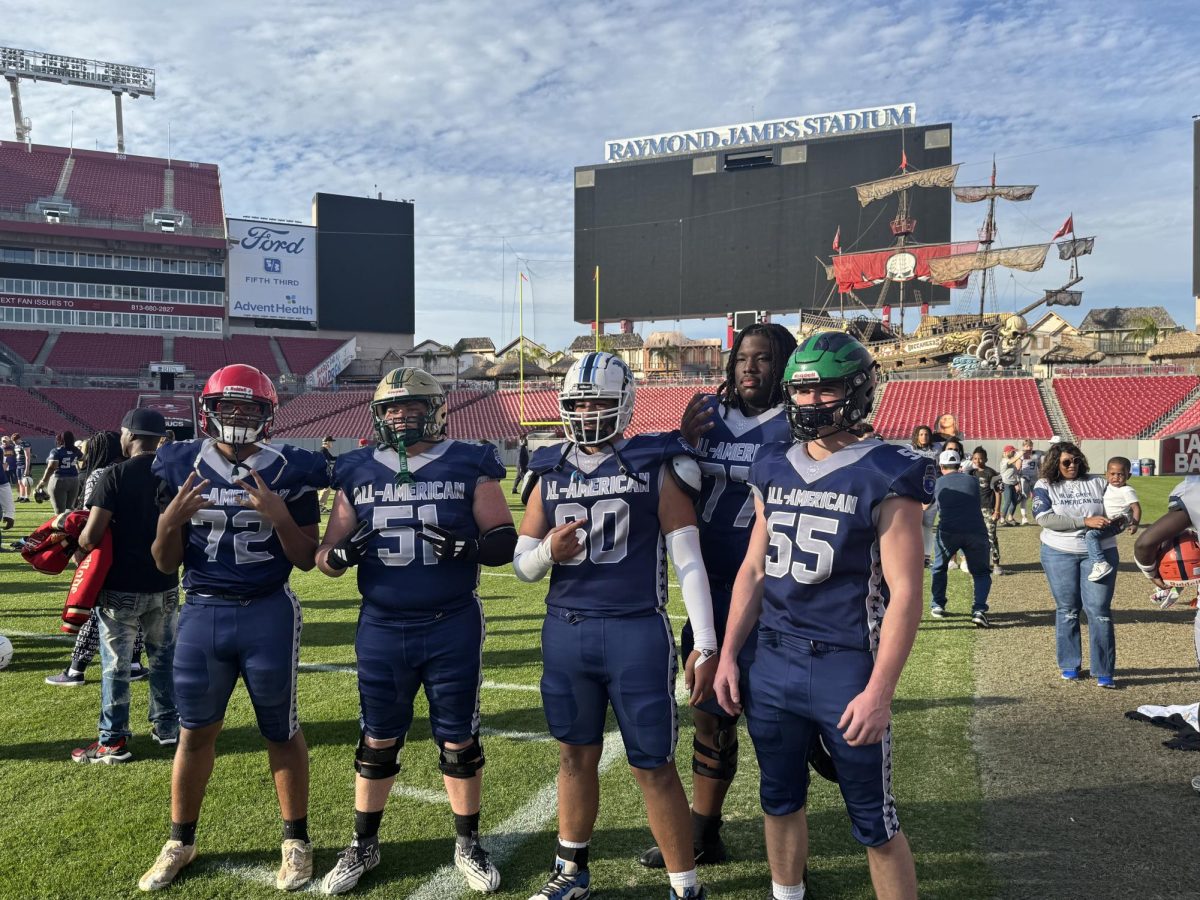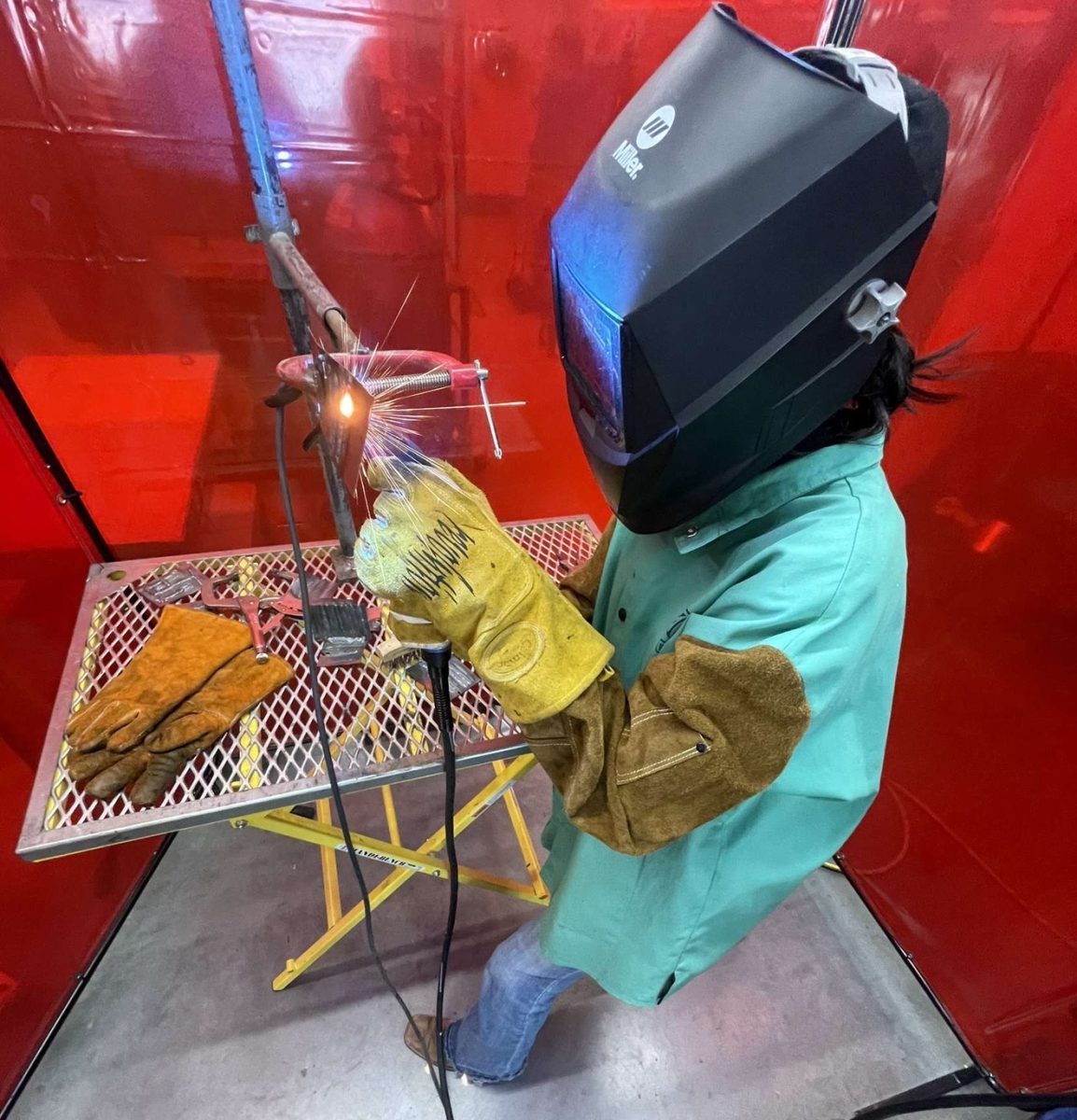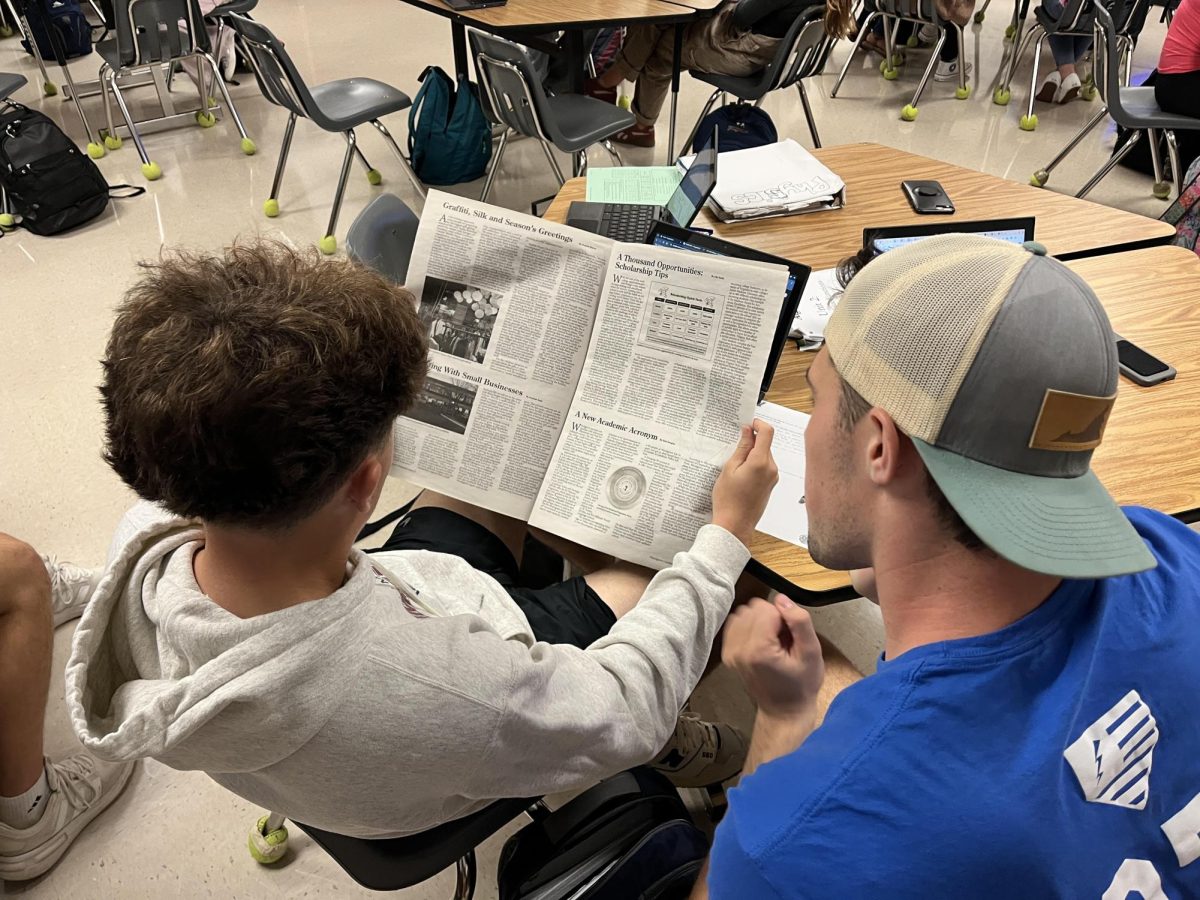With the passing of International Women’s Month, conscientiousness towards the female experience begins to shift to the back burner for some. Yet for half the human population living the other eleven months out of the year, this experience is everything. By no means are we living in the suffragette eras; however, sexism, especially in the workplace, has changed to subtleties. Towards the end of March, Amazon Web Services (AWS) hosted the Women of Telco Summit at Amazon’s HQ2 offices in Arlington, Virginia. At the conference, women from telecommunication jobs at top technology companies shared personal experiences, including hardships, that were a motivating map to success for female leadership. Although not every woman wants such a job in corporate America, the panels and conversation traverse through all professions.
One of the first speakers and employees at Amazon was the head of Telco customer solutions for all of AWS, a sought-after role. However, Erica Hudson-Biggins, like many other women, did not make it to the top easily. Biggens grew up in Detroit, Michigan, and studied industrial engineering at Wayne State University. Biggen’s biggest challenge in navigating her way to success was unconscious biases. During her education, it was not course content that was most difficult, but the lack of support that her peers offered. She struggled to find partners, for classes that required partners, to complete coursework. She was commonly overlooked, or even avoided, as one of a few females and the only black female in her class. In her professional career, she experienced being assumed as the “coffee assistant” before large boardroom meetings, by employees who did not know her, when in fact she was the executive hosting the meeting. Her advice for overcoming these situations was to not “listen to the little roommate inside your head,” referring to preventing a bad experience from discouraging your outlook and ambition.
While Biggen’s challenges were ones of unconscious bias, her experience towards the beginning of her career is only half the battle for many women. Lori Gerber, NYU alumni and senior member at AWS, sheds light on female-on-female conflict or what she calls “Queen Bee Syndrome.” Even with the progress companies have made over the years, women often have fewer opportunities than men. With fewer chairs at the table for women, some fight to keep their space at the top. Gerber advises that it is critical for women who have positions of power to support other women in the same way that she wished she had been supported in the past. Gerber reinforced that letting fear of replacement get in the way of becoming a progressive leader helps no one but the individual. This is likened to how women compete in all aspects of life, school, work, or socially.
The last panelist at the AWS Women’s Summit was Erin Diehl, a top 1 percent podcaster for leadership and self-improvement, as well as an Amazon best-selling author of her newest and first book “I See You.” She started her career as an actress and in improv productions. Diehl tells the story of her struggles with a life progressing from acting to corporate responsibility and eventually leadership. She recounts often aiming to please others at the expense of herself, throughout all phases of her career. This is something many women, especially young women, relate to. She took a step back from her career to focus on self-improvement, which led to a new thriving career as an author and a professional keynote speaker, particularly on topics such as female leadership. In our interview, Diehl advised young women to “be open to anything” by taking all experiences as learning moments and to “not rob yourself of your unique talents and skills.” She exemplified this by taking her own prior experience in acting and improv and applying it to inspiring and motivating people, first as a corporate leader and then as a leader in leadership and self-improvement as she is today. The most inspiring quote from the entire day came from Diehl when she said,“If you do not get a seat at the table, pull up a folding chair.” Often, many women do not advocate for themselves or take on assertive roles at work as only 10% of the Fortune 500 CEOs are women.
Full disclosure: many teens love their phones, but that is the extent of many’s love for technology. Out of the dozen of women that spoke at the conference, all of them are a part of technology within the corporate world. What impact does this have on a high school student? This experience provided lessons from female leaders for students to witness, and positive collaboration skills to revere. Despite the heavy focus on telecommunications and the barriers women face in the industry, the key takeaway is culture. Culture erodes barriers in all industries through women’s collective experiences and stories. It is increasingly important for women to share stories like Erica Husdson-Biggens, observations like Lori Gerber, and advice like Erin Diehl. Each experience provides confidence to young women, helps men understand bias they are unaware of, and provides ways for allies to provide support to women. Females have unique perspectives that help us as leaders to bridge the gap between silence and speaking up.









